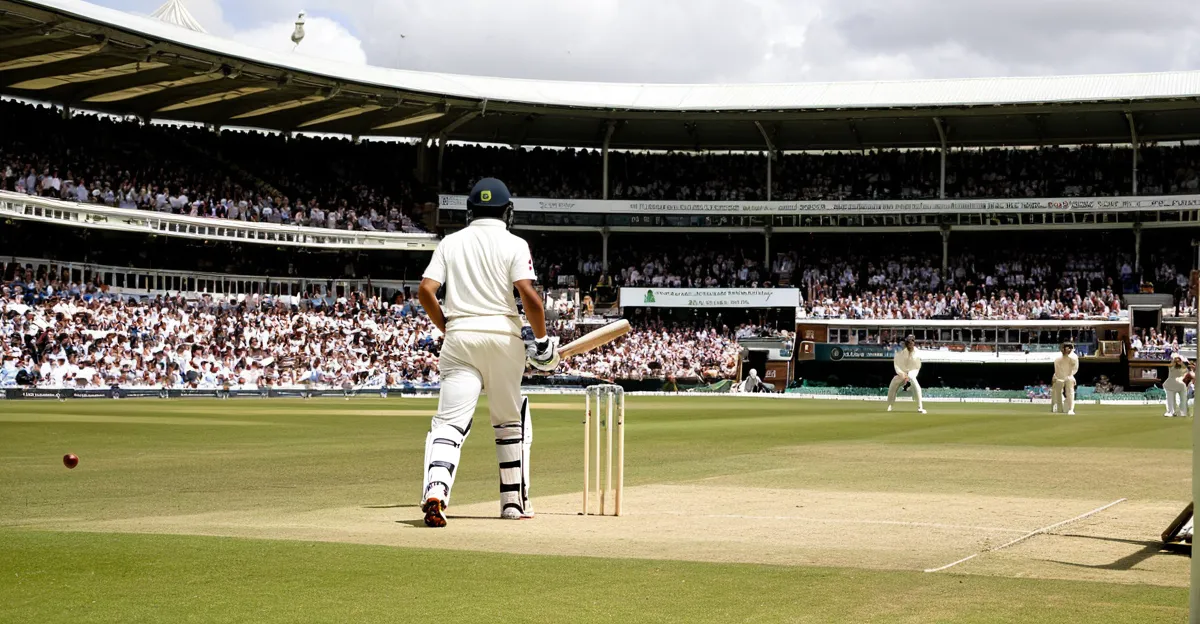Historical Roots of Cricket in British Society
Cricket’s history in Britain dates back to the 16th century, rooted deeply in British sports traditions and cultural heritage. Initially a rural pastime, it swiftly grew into a symbol of national identity. The history of cricket intertwines with British class structures; early matches often reflected social hierarchies, where the gentry and working classes played distinct roles both on and off the field.
As the sport evolved, so did its rules and customs, mirroring broader societal changes. The codification of cricket laws in the 18th century formalised the game, emphasizing fairness, respect, and sportsmanship—values central to British culture. Over time, the sport transcended class divides, becoming a unifying force within society.
Also read : How do UK sports leagues maintain competitive balance?
British sports traditions preserved cricket’s status as an emblem of cultural heritage. The game’s endurance against the backdrop of industrialisation and empire expansion highlights its role in Britain’s self-conception. Cricket’s historical roots showcase how a simple pastime grew into a canvas on which British society projected its ideals, hierarchies, and evolving social values.
Cricket’s Role in Building National Traditions
Cricket is deeply woven into British national traditions, serving not just as a sport but as a cultural ritual. Major cricket events, such as The Ashes, are celebrated with enthusiasm across the UK, becoming moments of national pride and collective memory. These cricket customs connect generations, reinforcing a shared sense of identity rooted in competition and camaraderie.
Also to discover : How Does Hosting Major Events Impact the UK’s Sports Infrastructure?
Iconic matches hold a special place in British culture. For example, historic contests between England and Australia are remembered not only for their sporting significance but also for the stories they create—stories that shape public consciousness about resilience and fair play. Such matches embody sporting rituals that go beyond the game, influencing national holidays, conversations, and even social gatherings.
Unique practices like afternoon tea during matches or the tradition of wearing whites reflect cricket’s enduring cultural presence. These rituals nourish a sense of continuity and belonging, linking present-day players and fans with centuries of history. The sport’s role in building British national traditions illustrates how cricket functions as a living heritage—one that binds communities and nurtures collective values.







